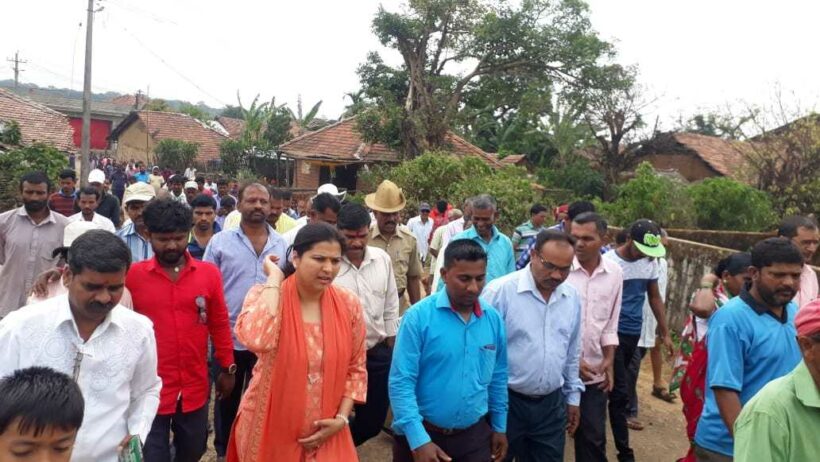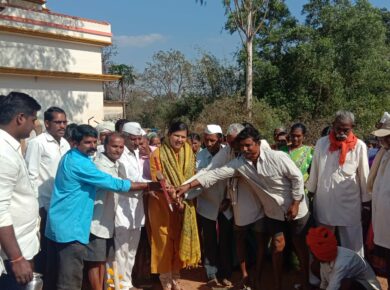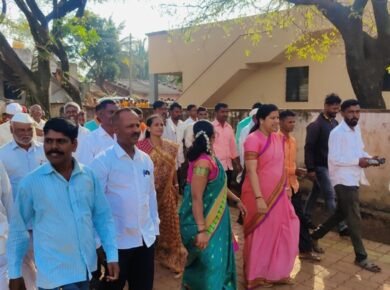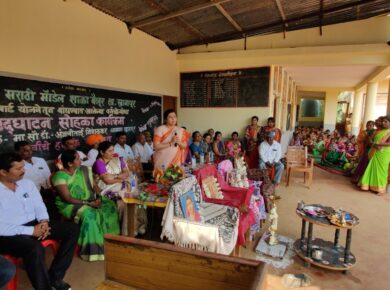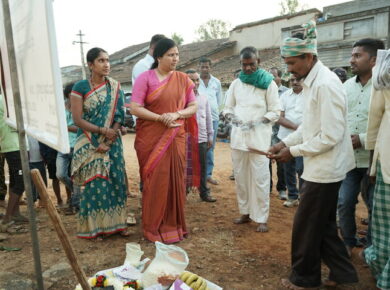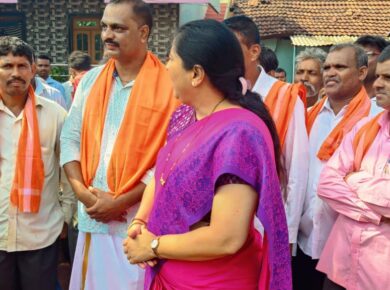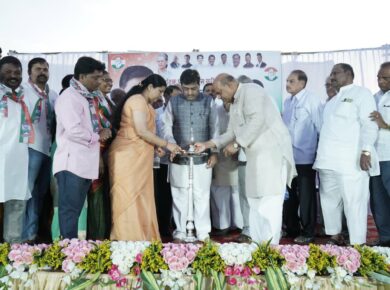The Importance of Healthcare Access in Rural Development
Access to healthcare is a critical component of sustainable rural development in India. Many rural communities lack access to healthcare services, which can have significant impacts on health outcomes and economic productivity.
To address these challenges, there is a need for greater investment in healthcare infrastructure and management in rural areas, as well as efforts to promote equitable access to healthcare services for all individuals, regardless of their socio-economic status. This could involve the establishment of healthcare facilities and distribution networks, the promotion of telemedicine and other innovative healthcare delivery models, and the provision of education and awareness-raising campaigns to promote healthy behaviors and practices.
In addition to promoting access to healthcare services, there is also a need to address the broader social and economic factors that contribute to poor health outcomes. This could involve efforts to promote healthy food and lifestyle choices, as well as measures to address poverty, gender inequality, and discrimination.
Furthermore, access to healthcare can have a significant impact on the social and economic development of rural communities. When communities have access to healthcare services, they are better able to promote health and well-being, support economic productivity and growth, and improve overall quality of life.
In conclusion, access to healthcare is a critical component of sustainable rural development in India. By investing in healthcare infrastructure and management and promoting equitable access to healthcare services, we can create a more enabling environment for social and economic development, and promote sustainable rural development. With the right policies and investments in place, we can build stronger, more resilient rural communities and ensure a brighter future for all.
